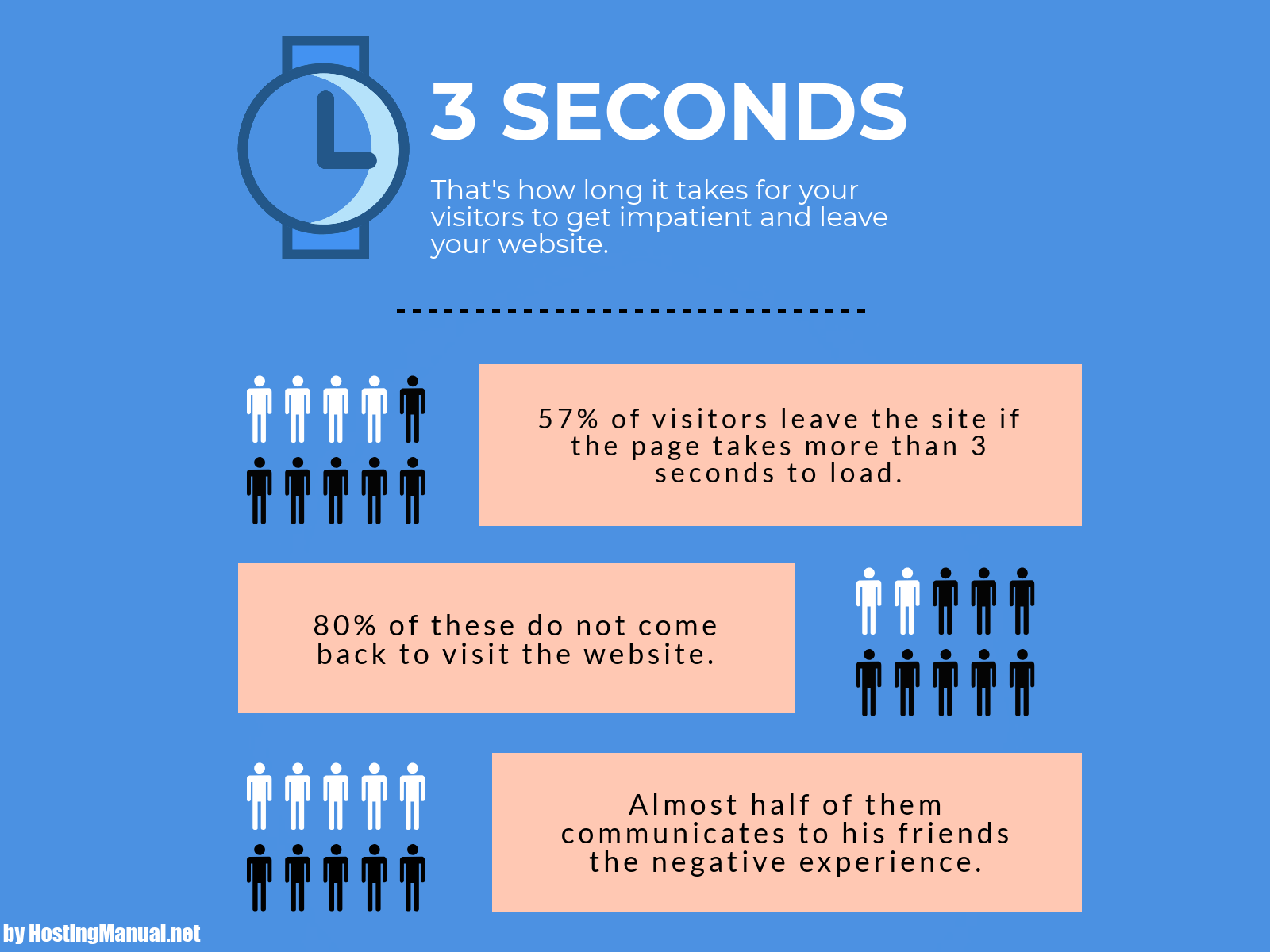In an era where environmental concerns are more prominent than ever, sustainability has evolved from a trend to a necessity. Businesses across the globe are striving to adopt practices that reduce their carbon footprint and promote ecological balance. Interestingly, this shift towards eco-consciousness extends beyond physical operations to include digital activities. Digital marketing, a seemingly intangible realm, plays a significant role in environmental sustainability. This blog explores how businesses can implement sustainable digital marketing practices to not only enhance their brand but also contribute positively to the planet.
The Impact of Digital on the Environment
While digital marketing is deemed as a ‘greener’ alternative to traditional marketing methods, it’s not without its environmental impact. The energy consumption associated with running massive data centers, powering devices, and even sending emails contributes to a digital carbon footprint. For instance, the carbon footprint of our gadgets, the internet, and the systems supporting them account for about 3.7% of global greenhouse emissions, similar to the aviation industry’s carbon output.
The Pillars of Sustainable Digital Marketing
Adopting sustainable digital marketing involves optimizing online activities to minimize energy use and waste production. Here are pivotal strategies businesses can utilize:
1. Optimize Website Efficiency
A fast-loading website isn’t just good for SEO and user experience; it’s also more eco-friendly. Efficient websites consume less energy both on the server-side and for the end-users accessing the site. Simple steps like optimizing images, leveraging browser caching, and minimizing CSS and JavaScript files can significantly reduce your website’s energy consumption.

2. Green Hosting
Green hosting providers utilize renewable energy sources to power their data centers. By choosing a green web host, businesses can ensure that their online operations contribute less to carbon emissions. This move not only supports sustainability efforts but can also be a strong selling point for eco-conscious consumers.
3. Email Marketing Consciousness
Email marketing is a staple in digital marketing strategies, yet it has an environmental impact. Reducing the frequency of emails and maintaining a clean mailing list to avoid sending messages to unengaged recipients can lessen your carbon output. Additionally, incorporating an option for users to choose less frequent email updates respects their preferences and the environment.
4. Content Longevity and Recyclability
Creating timeless content that remains relevant and engaging over time reduces the need for additional resources to produce new content. Furthermore, recycling content across various platforms maximizes its reach and effectiveness while minimizing environmental cost.
5. Leveraging Social Media Responsibly
Social media platforms are powerful tools for raising awareness about sustainability. Businesses can leverage these platforms to advocate for eco-friendly practices and share their steps towards sustainability, inspiring followers to take action.
6. Digital Products and Services
Developing digital products, like e-books or online courses, offers an environmentally friendly alternative to physical products. This approach eliminates the need for materials and energy involved in production, packaging, and shipping.

The Benefits of Sustainable Digital Marketing
Beyond contributing positively to the environment, sustainable digital marketing practices can enhance a brand’s image. Consumers are increasingly favorable towards businesses that demonstrate a commitment to sustainability. Highlighting your eco-friendly efforts in your digital marketing can attract a broader audience and build customer loyalty.
Additionally, sustainable practices often lead to cost savings. For instance, optimizing website performance can reduce hosting costs, and maintaining a lean email list can decrease marketing expenses.
Implementing Sustainable Digital Marketing
Transitioning to sustainable digital marketing doesn’t happen overnight. It requires a strategic approach and commitment. Start by auditing your current digital marketing practices to identify areas for improvement. Set measurable goals for reducing your carbon footprint and engage your team and audience in your sustainability efforts.
Conclusion
Sustainable digital marketing represents a win-win for businesses and the planet. By adopting eco-friendly practices, companies can reduce their environmental impact while strengthening their brand and connecting with like-minded consumers. The shift towards sustainability is not just a trend but a necessary evolution in how we conduct business in the digital age.
Incorporating sustainability into your digital marketing strategy is a step towards a greener, more responsible business model that future generations will appreciate. It’s about making thoughtful decisions that prioritize long-term ecological balance over short-term gains. Your business has the power to influence change, inspire action, and lead by example in the digital realm. Contact us now to help you get started.




